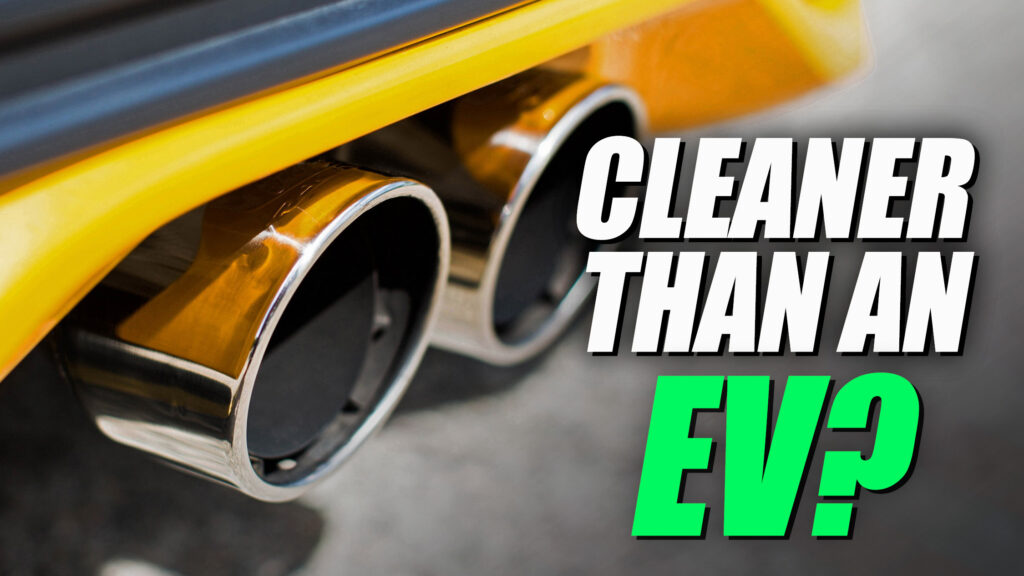# Declining Belief in EV Cleanliness Among American Drivers

## Overview of Changing Perceptions
Recent research indicates a notable shift in American drivers’ perceptions regarding the environmental benefits of electric vehicles (EVs). According to a report by Ipsos, only **58%** of U.S. drivers now believe that EVs are cleaner than traditional internal combustion engine (ICE) vehicles, a decrease from **63%** in 2022. This decline in confidence comes despite numerous studies confirming that EVs are generally more environmentally friendly.
## The Growing Skepticism
The increase in skepticism surrounding the cleanliness of EVs is particularly concerning, especially given the rising number of electric vehicles on American roads. While more drivers are opting for EVs, the belief that these vehicles are greener than their ICE counterparts is waning.
### Key Findings from Ipsos Research
– **Current Belief**: Only **58%** of drivers consider EVs to be cleaner.
– **Previous Belief**: This figure was **63%** in 2022.
– **Research Backing**: Multiple independent studies have consistently shown that EVs are more environmentally sustainable, even when accounting for electricity production and the mining of battery materials.
## The Environmental Impact of EVs
While it’s true that EVs do not emit tailpipe pollutants, there are valid concerns regarding the sources of electricity used to charge them and the environmental impact of extracting minerals for their batteries. Nonetheless, research indicates that EVs, on balance, have a significantly lower environmental footprint compared to ICE vehicles.
### The Role of Media Coverage
One factor contributing to the growing skepticism may be the media’s portrayal of EVs. Studies demonstrating the environmental benefits of electric vehicles often receive less attention than those highlighting their negative impacts. For instance, a recent study pointed out that EVs produce more toxic tire emissions due to their heavier weight, leading to misleading headlines that suggest they are worse for the environment than gas-powered cars.
## Diverging Opinions Among Drivers
Interestingly, the skepticism appears to be more pronounced among those who do not own EVs or have no intention of purchasing one. In contrast, current EV owners and potential buyers tend to maintain a strong belief in the environmental advantages of electric vehicles.
### Competing Studies
While many studies affirm the greener credentials of EVs, some research suggests that certain hybrid or ICE vehicles can be more environmentally friendly. For example, the ACEEE GreenerCars report recently named the Toyota Prius Prime SE as the most ecologically sound car available in the U.S., ranking it ahead of several EVs.
## Conclusion: A Complex Landscape
The debate over the environmental impact of electric vehicles is multifaceted and continues to evolve. As the number of EVs on the road increases, so too does the need for clear, accurate information regarding their environmental benefits. Addressing misconceptions and providing balanced coverage of both the advantages and disadvantages of EVs will be crucial in shaping public perception moving forward.
For more insights on electric vehicles and their environmental impact, visit [Carscoops](https://www.carscoops.com).